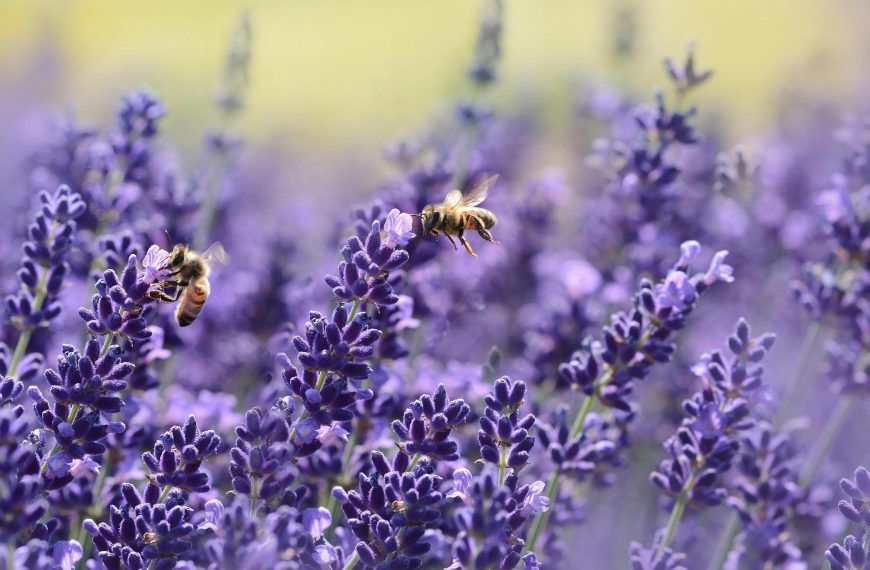In a fast-paced world where convenience often takes precedence, an increasing number of people are consciously choosing to return to a healthier lifestyle through organic living. It’s more than a passing trend; it’s a decision to prioritize our health and well-being by adopting sustainable practices that benefit both ourselves and the environment. From the food we consume to the products we use, organic living encompasses aspects that contribute to a holistic sense of wellness.
The Essence of Embracing Organic Living
At its core, organic living revolves around establishing a connection with nature and dedicating ourselves to preserving its vitality. This way of life extends across areas with a focus on food choices, personal care routines, and mindful consumption habits. Organic living emphasizes using products and following practices that reduce exposure to chemicals, hormones, and toxins—substances that have unfortunately become all too commonplace in society.
Nourishment from Mother Nature’s Abundance
An essential aspect of organic living lies in consuming organic foods. Organic farming methods prioritize soil health and biodiversity while avoiding the use of pesticides, herbicides, or genetically modified organisms (GMOs). As a result, organic foods contain higher levels of nutrients and antioxidants, offering numerous health benefits.
When you opt for organic fruits and vegetables, you’re not only prioritizing your own health but also supporting sustainable agricultural methods that protect the environment. Organic farms promote soil fertility through practices like composting, crop rotation, and natural pest control methods. This creates an ecosystem that benefits all living beings.
Thoughtful Consumption
Organic living goes beyond our food choices; it also extends to how we shop and consume. Thoughtful consumption involves making decisions that align with our environmental values. This can include choosing products made from sustainable materials, supporting artisans, and reducing waste through reusable and eco-friendly alternatives. By minimizing our impact on the environment, we contribute to the well-being of the planet and future generations.
Overall Well-being
Organic living isn’t solely focused on physical health; it also addresses emotional well-being. In today’s fast-paced world, stress and anxiety can have detrimental effects on our overall health. Engaging with nature and embracing mindful practices can bring a sense of tranquility and balance to our lives. Engaging in activities like tending to a community garden, practicing yoga, or simply taking walks in nature can significantly reduce stress and improve mental clarity.
Taking Care of Our Skin Naturally
Our skin, the body’s largest organ, deserves as much attention and care as our internal systems. Incorporating skincare into our routine is a vital aspect of living an organic lifestyle. Traditional skincare products often contain fragrances, parabens, and other harmful chemicals that can seep into our bloodstream through the skin. Organic skincare products, on the other hand, utilize the power of ingredients that are gentle on both our bodies and the environment.
Ingredients like aloe vera, coconut oil, shea butter, and essential oils provide nourishment and hydration without posing any risk of adverse reactions. Moreover, many organic skincare brands prioritize cruelty-free practices and take measures to minimize their carbon footprint, aligning perfectly with the principles of organic living.
Obstacles and Accessibility
While the benefits of adopting an organic lifestyle are apparent, challenges related to accessibility and affordability still exist. Organic foods and products can sometimes come with higher price tags compared to their conventional counterparts. However, considering the long-term health advantages they offer along with their positive impact on the environment, many people find that investing in them is well worth it.
To overcome these challenges, individuals can start by gradually incorporating organic items into their daily routines. By increasing the use of organic choices, people can make the transition more manageable and gain a better understanding of the positive impact it has on their well-being.
Embracing a Lifetime of Well-being
Living an organic lifestyle is not a temporary adjustment; it is a lifelong commitment to health, wellness, and sustainability. By prioritizing organic foods, products, and practices, individuals can create a positive influence in their own lives and in the world around them. Additionally, embracing an organic lifestyle emphasizes simplicity and reconnects individuals with nature, fostering an appreciation for what our planet has to offer.
In today’s world where technological advancements and urbanization are rapidly increasing, the movement towards organic living serves as a reminder of the importance of nurturing our bodies and minds using natural methods. As awareness grows about how personal well-being is interconnected with the health of the planet, organic living becomes an essential part of building a healthier and more harmonious future.









